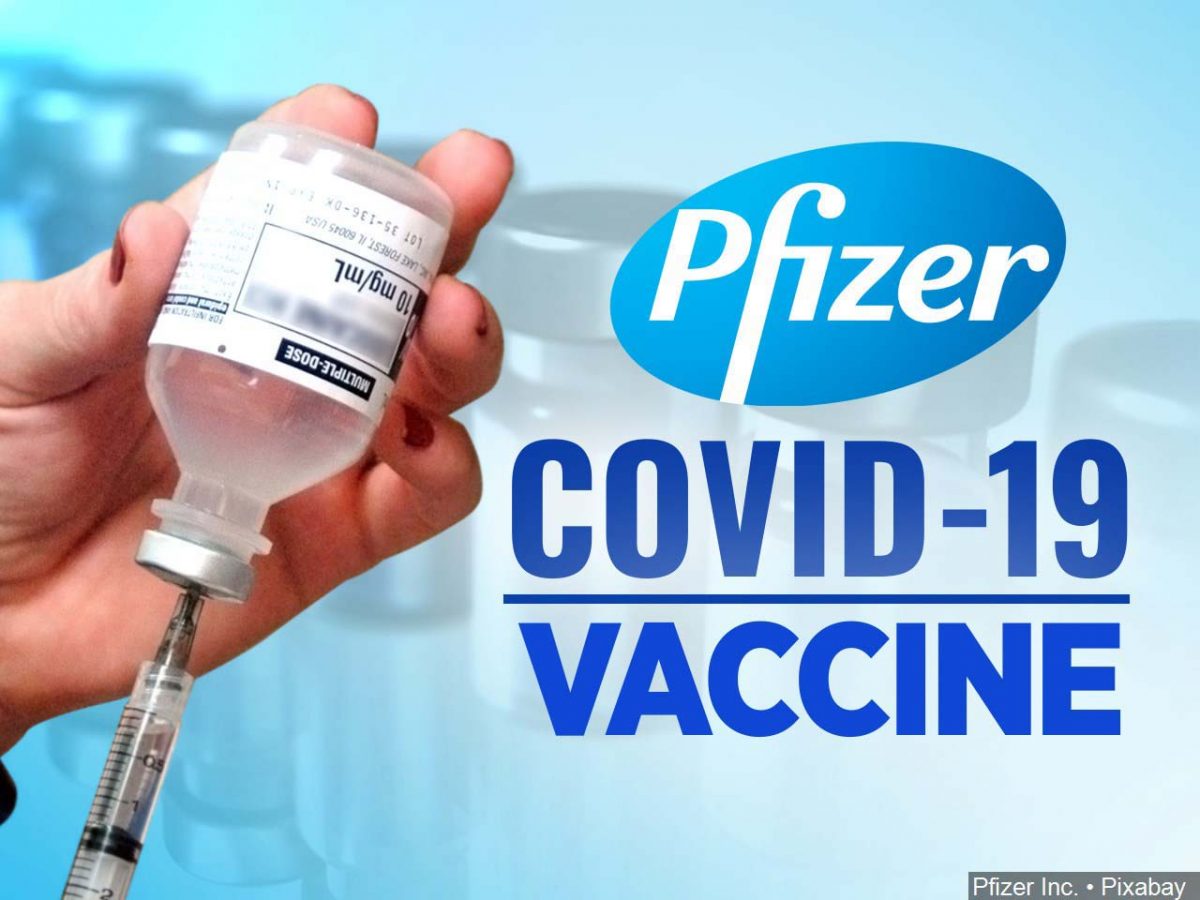Even as the World Health Organization (WHO) steps up its appeal to rich countries – collectively referred to as ‘the North’ to separate them for the greater number of poor countries – to stop hoarding COVID-19 vaccines, Caribbean Community (CARICOM) member countries rated in the global rich/poor classification as part of the ‘South’, are calling for an urgent all-inclusive international forum to address the issue of the equitable distribution of vaccinations associated with pushing back the virus.
Earlier this week, news broke in the region that member countries of CARICOM, ill-equipped to compete with developed countries for acquisition of adequate quantities of the vaccination, want an international gathering to establish an arrangement under which access to the vaccination not be based on wealth and affluence, but on the recognition that COVID-19 represents a global challenge, a circumstance that ought to remove such discriminatory factors as affordability from the distribution equation.
CARICOM, the statement suggests, is worried that if countries in the ‘North’ persist in the “hoarding” of the vaccination, that is likely to place acquisition costs out of the reach of poor countries already challenged to address the various other costly repercussions of the advent of the pandemic.
While CARICOM countries have been responding individually to what, sometimes, are the different kinds of COVID-19 related challenges that the region has had to face,, the common regional challenge reposes in the high costs associated with continually soaring health care expenses against the backdrop of what, in most of the territories, have been job losses associated mostly with COVID-19’s decimation of the travel industry.
The CARICOM statement asserts that the region is “deeply concerned at the current prospect of inequitable access to vaccines to address the pandemic, especially for frontline workers and vulnerable populations.” Smaller countries, it says, would find it difficult to compete in the global marketplace insofar as coming up with funds to pay for the vaccines is concerned.
The proposed international forum, the CARICOM statement continues, should be guided by the precepts of the World Health Organization’s Act Accelerator Facilitation Council in discussions that would focus on the equitable access to and distribution of the vaccines rather than affordability.
On September 10, 2020, the WHO established an ACT-Accelerator Facilitation Council, aimed at making the development, scale-up, and distribution of COVID-19 “vaccines, therapeutics and diagnostics” more fair.
In making its case for the region to be close to the top of the queue in terms of access to the vaccines, CARICOM says in its statement that the inextricable links economically, socially, and by virtue of travel, makes it imperative that CARICOM states be afforded access to vaccines as a matter of urgency.
Countries in the region have expressed concern over what they say is a real risk that given the transmissibility of COVID-19 and the recent emergence of more infectious variants, the pandemic could persist for years before it is arrested.
The call by CARICOM for countries in the region to be treated sensitively in the matter of access to COVID-19 vaccinations derives from news that some countries have already secured priority access through Advance Purchase Agreements (APAs) with vaccine manufacturers under legally binding agreements.
At least one named prominent western nation has reportedly already acquired several times the number of vaccinations that it needs to immunize its population.





